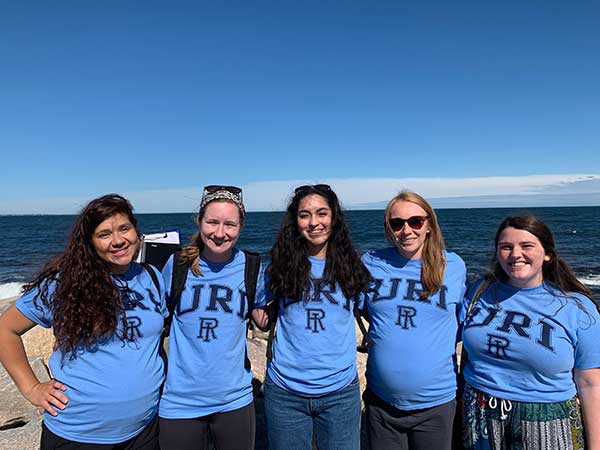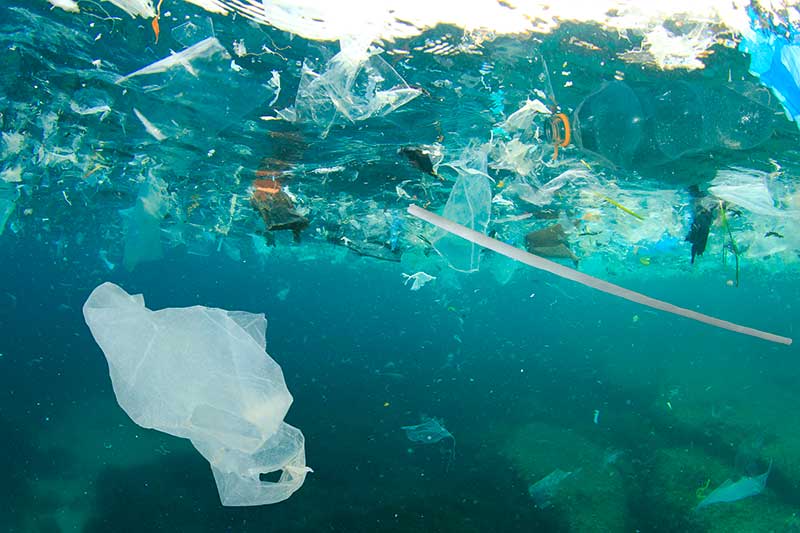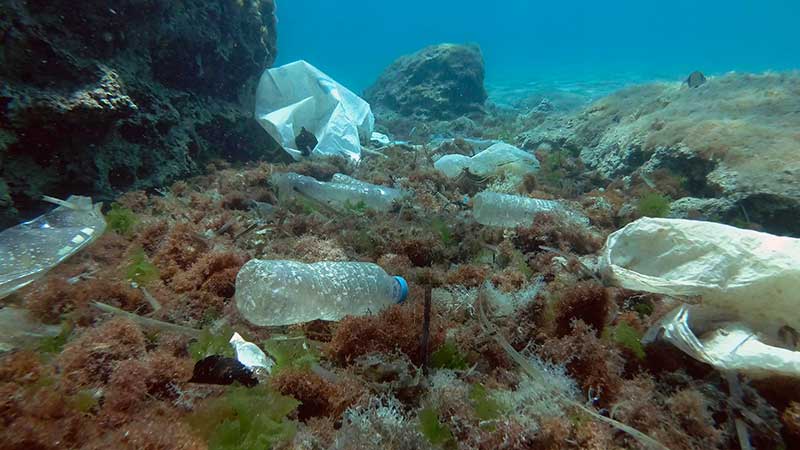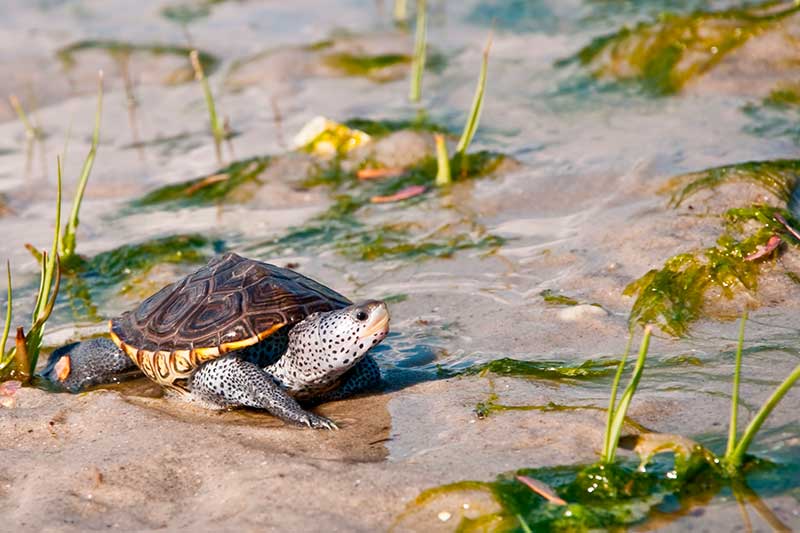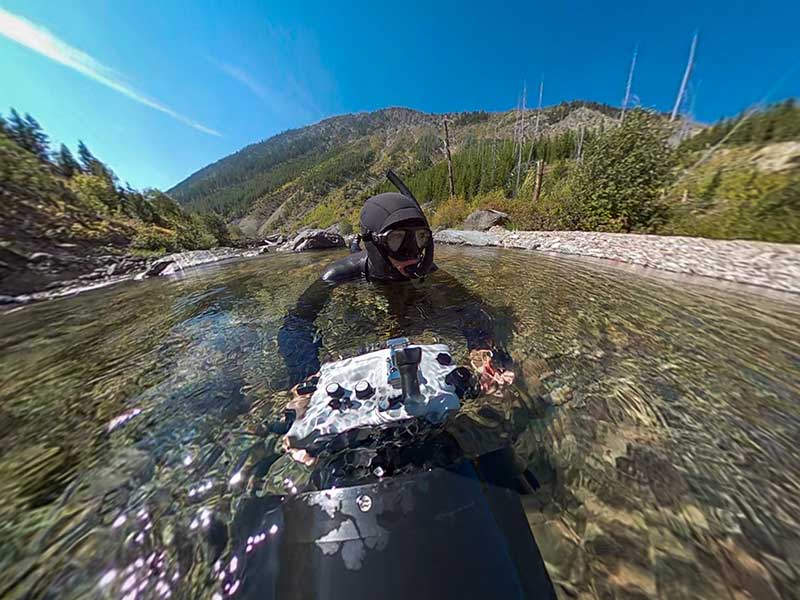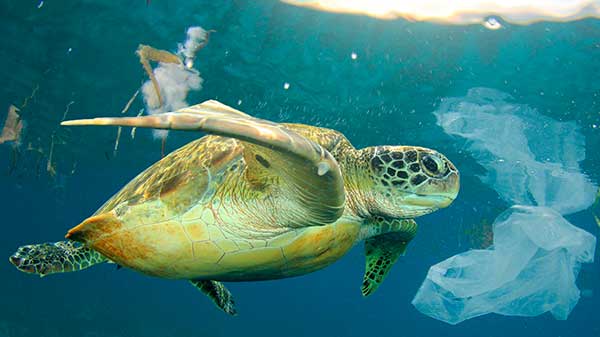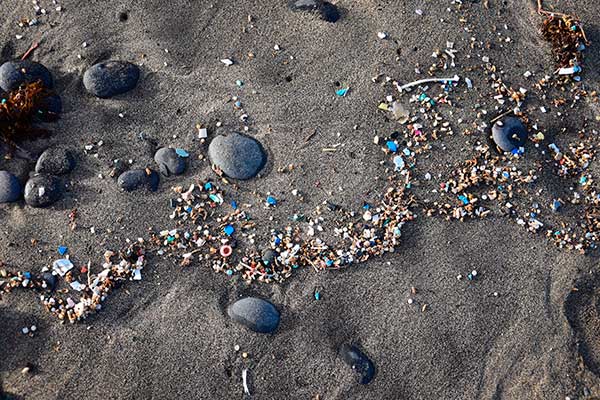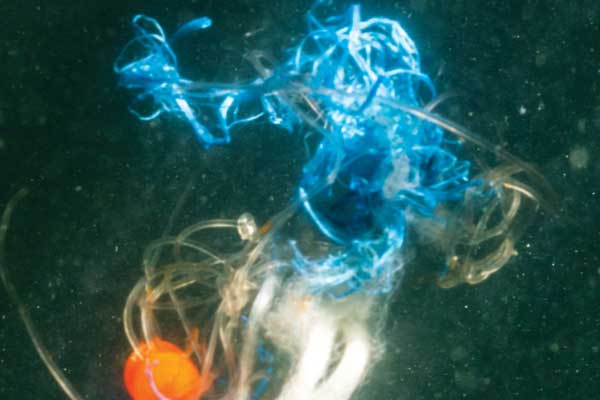Research Areas: Solutions
Data-driven decisions will support new methodologies, best practices, societal behavior change, sustainable materials and investments in how the world continues to produce, use, dispose of and recycle plastics. URI social scientists are studying and facilitating dialogues for new local to global policies focused on industrial and commercial practices, infrastructure and uses and disposal. URI engineers and chemists are testing and developing innovative infrastructure and materials to remediate ongoing plastics pollution challenges. URI business faculty are understanding how community stakeholders, partnerships and new economies can support minimizing current plastics pollution impacts in the world. And URI communications teams are teaching and building tools to share accurate information to build awareness for society to make more meaningful decisions about how they manage plastics on a daily basis.
Projects
This project seeks to understand how place attachment to coastal areas impacts attitudes towards and perceptions of environmental quality issues (including plastics pollution), and how we can more effectively use communication strategies to inform conservation behaviors. In summer 2021, pilot data was collected through surveys and interviews of fishers and recreational users of coastal areas in Rhode Island. Results will clarify what it means to have a “coastal identity”, how such identities are tied to...
Read MoreDr. Mendenhall takes on the problem of plastic pollution in a chapter of her book manuscript, Planetary Geopolitics and the Ocean Governance Regime. Chapter 4 considers the ‘land dominates the sea’ principle that underlies the political geography of ocean space and has important ramifications for land-based pollution in the marine environment. The chapter investigates the fit between coastal circulation patterns and the political geography of ocean governance by comparing the problems of coastal dead zones...
Read MoreAs part of a national research team led by University of Washington, Dr. Mendenhall is writing two chapters for a report on the justice and equity dimensions of solutions to marine plastic pollution. The first chapter lays out the international governance context for marine plastics, and the second investigates the challenge of creating accountability for plastic accumulations in the high seas and on the international seabed. Additional Information Elizabeth Mendenhall’s website
Read MoreHow can citizen science groups gather and utilize long-term data to advocate for the protection of species? Jason’s team is creating a multi-faceted visual documentation, including a photographic library collection created for diverse communication needs (presentations, communication materials, in situ signage employing QR codes) as well as a short documentary film that chronicles the efforts of citizen scientists to understand a threatened local species. Jaacks will also provide in-depth training for a graduate student as part...
Read MoreThis project is exploring the risk posed by microplastics to coastal ecosystems and economies by examining oysters. Jason’s team is creating a visual library documenting the research and results which is intended for broad use in websites, social media, presentations, reports, articles and press coverage. He will also create three educational videos based on research methods and results for a K-12 audience via RIPBS partnership. This project will engage several undergraduate Journalism/Film Media students in...
Read MoreThis project uses a survey experiment to understand how framing plastic pollution in different ways impacts individual preferences surrounding plastic reduction policies. Additional Information
Read MoreThis project investigates diverse perceptions of the marine plastic pollution. Specifically, we aim to understand how stakeholders, including fishermen, aquaculture growers, recreational users, policymakers, scientists, and NGO staff, experience and conceptualize marine debris and ocean plastic pollution in Narragansett Bay. For the past year, we have been collecting qualitative data through semi-structured interviews and focus group discussions. Findings will provide insights into how marine debris and ocean plastics affect everyday lives of ocean users.
Read More
